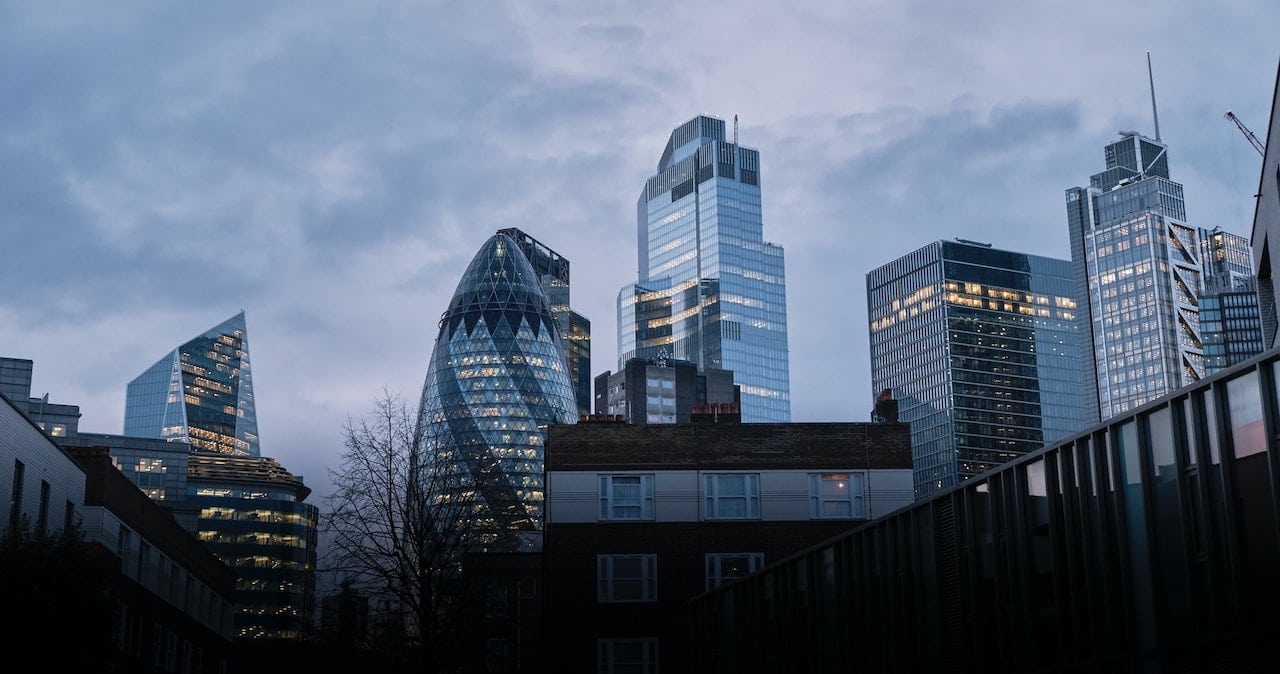This time last year, things looked bleak. There was no vaccine. Covid-19 cases were on the rise again after a summer lull. Much of the world was on the cusp of a harsh winter lockdown. It was an uncertain, even scary, time.
Twelve months later, things feel the same but different. The pandemic seems to have made way for a host of new problems. Either that or it has quietened down just long enough for us to hear the familiar sounds of old ones.
Supply chain chaos
News of supply chain crises have dominated recent headlines, including shortages in CO2 that’s crucial for packaging perishable foods, lorry drivers, farm and warehouse workers, fuel, as well as timber and other construction materials.
Brexit has taken the blame for much of the current supply chain chaos, as the UK attempts to settle into life outside of the EU, though the pandemic has certainly been a driving factor behind the disruption. Even so, some shortages seem like plain old bad luck, like Walkers warning that its crisps would be in short supply this month following an IT glitch in the world’s biggest crisps factory. When it rains, it pours.
Sustainability at the top of the agenda
Elsewhere, this year’s United Nations Climate Conference – or COP26 for short – has caused an even bigger stir than usual. Perhaps that’s because it comes after an Intergovernmental Panel on Climate Change report from August warning that the climate crisis has reached “code red”.
COP26 highlights include pledges from attending world leaders to shift away from using coal, end the sale of internal combustion engines by 2040 worldwide, end deforestation by 2030 and a 30% cut in methane emissions by the end of the decade.
UK Chancellor Rishi Sunak announced plans for new requirements for listed companies to publish net zero transition plans that detail how they would decarbonise by 2050. However, critics were quick to point out that the same chancellor had used the recent Budget to cut air passenger duty for domestic UK flights, one of the biggest contributors to carbon emissions and commit only £9m of extra funding towards nature. As ever, it’s important to keep a healthy dose of scepticism for government pledges toward climate change.
The impact on our sector
For built environment disciplines such as facilities management and corporate real estate, this moment feels like an inflection point. While challenges like the supply chain crisis sit firmly out of their control, there is an opportunity for leaders in this discipline to drive transformational change.
Demand for net zero is coming from all angles. The Cabinet Office recently published a Procurement Policy Note establishing that all suppliers bidding for major government contracts would need to commit to achieving net zero by 2050 and publish a ‘carbon reduction plan’ on their website.
According to a 2021 RICS UK FM Survey, 38% of respondents said end users are now regularly considering energy efficient measures to reduce carbon emissions. Meanwhile, Gartner has found that 85% of investors are now considering ESG factors in their investments.
The impact on the workplace
As we come out of the pandemic, built environment leaders can also have a significant impact on their organisation’s people and workplace strategies. A phrase that has become increasingly popular in recent months is ‘the Great Resignation’. Research by recruitment firm Ramstad UK has found that almost a quarter of workers are planning to change jobs in the next few months. Meanwhile, in the US, a record 4.3m people quit their job in August.
This suggests that, now more than ever, attracting and retaining talent is likely to become a top business priority. Employers need to redesign post-Covid work in a way that meets employees’ needs and adjusts to the new normal. That means providing environments, infrastructure, and work models that keeps people happy, healthy and motivated.
For further industry insight and event recaps, check out the sector news section of our blog.








